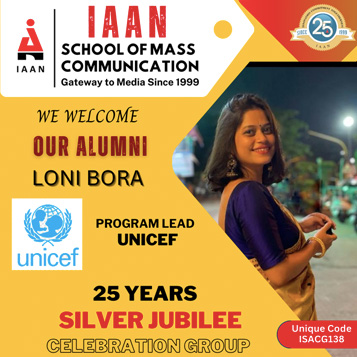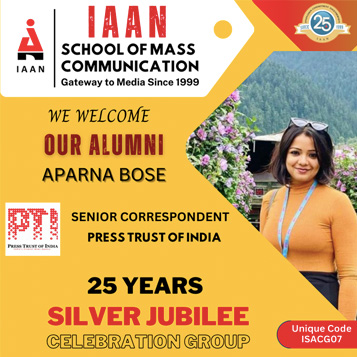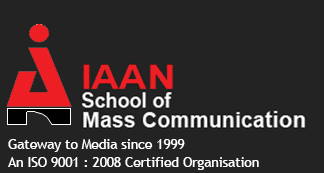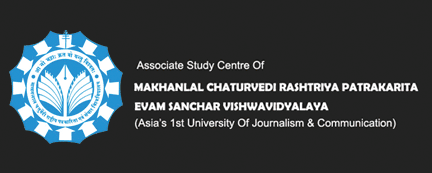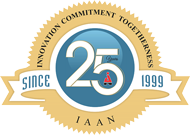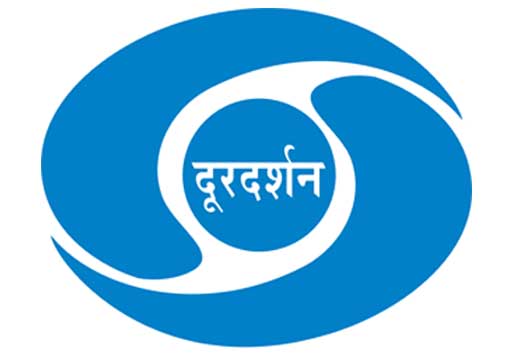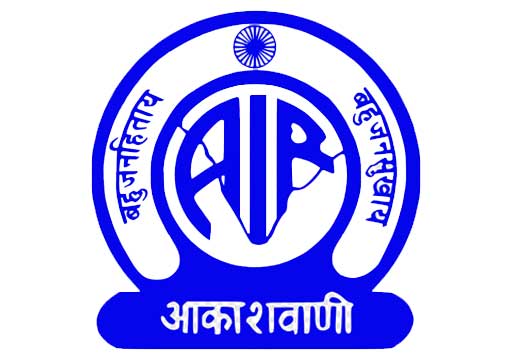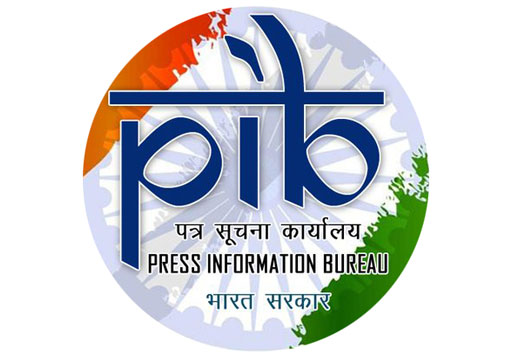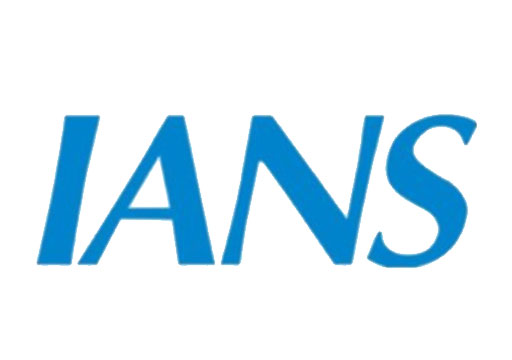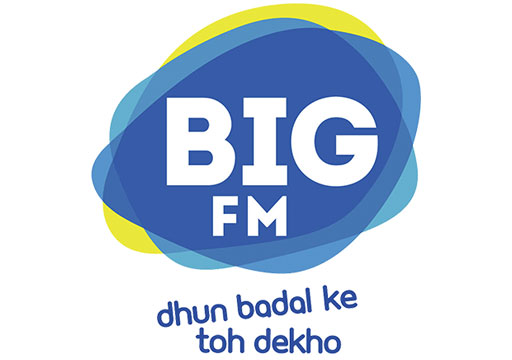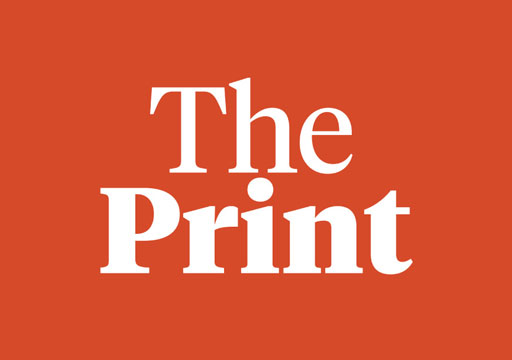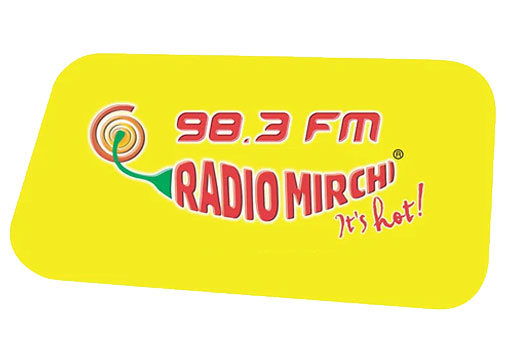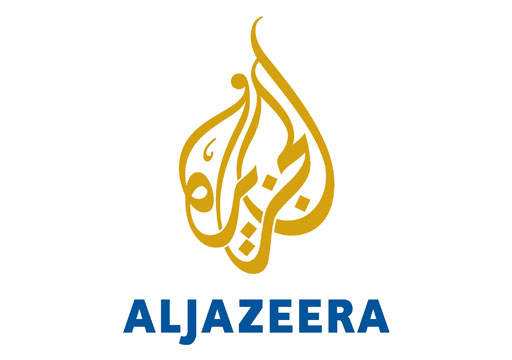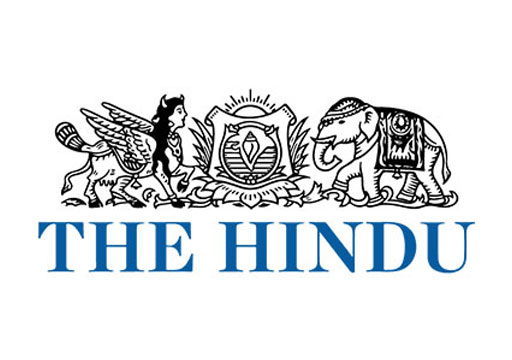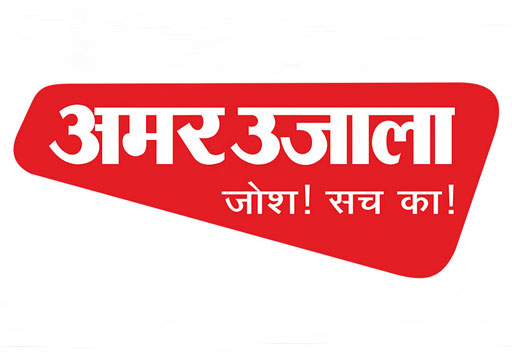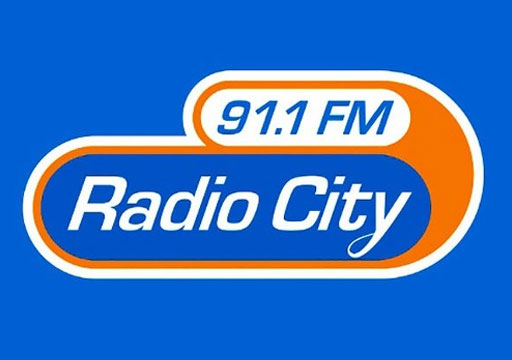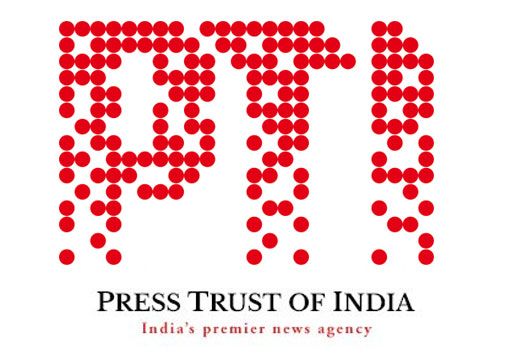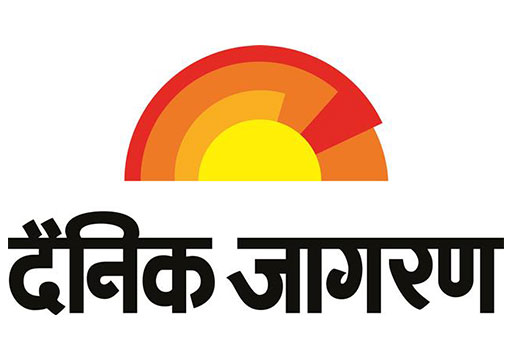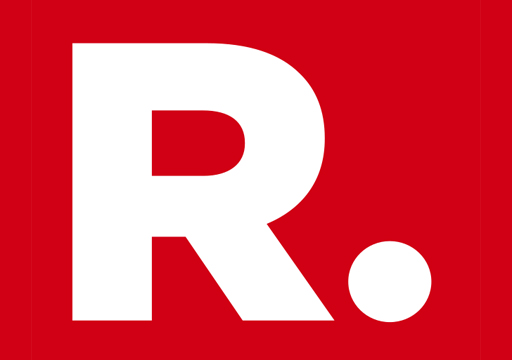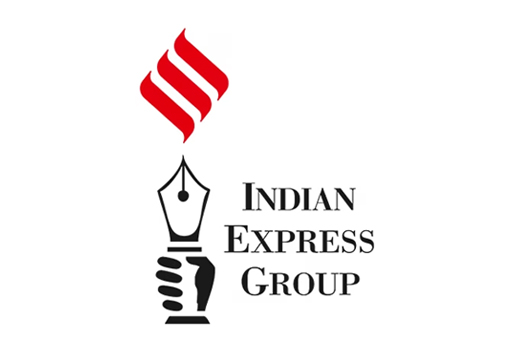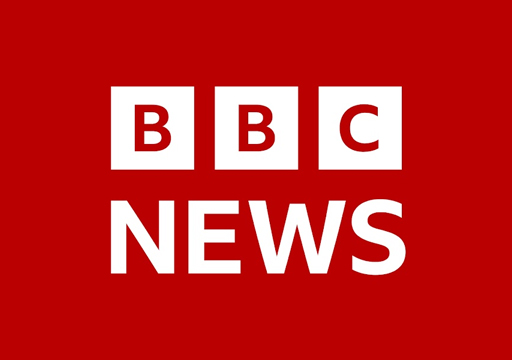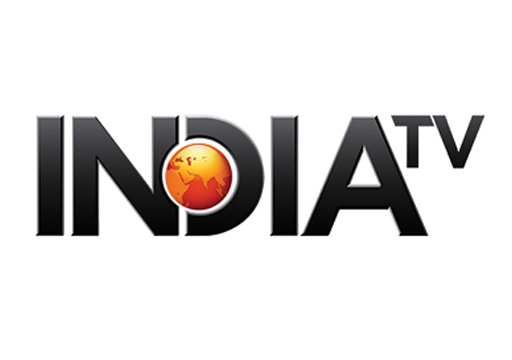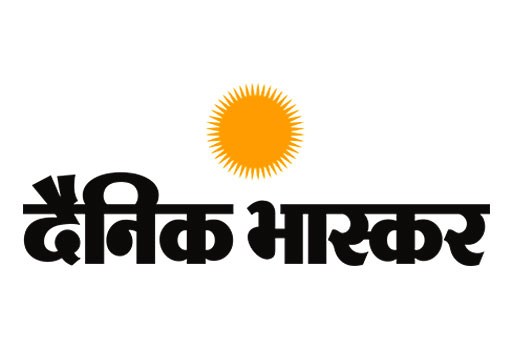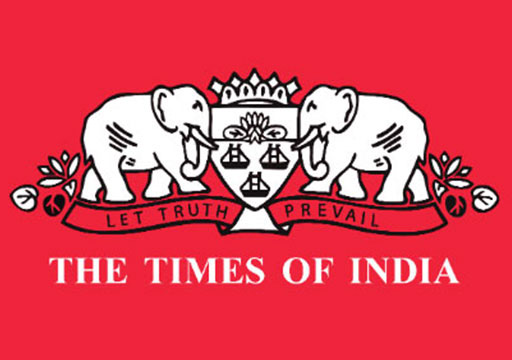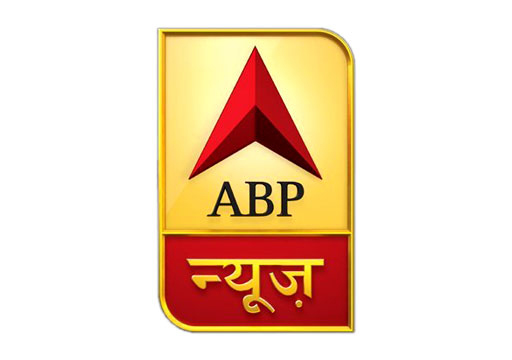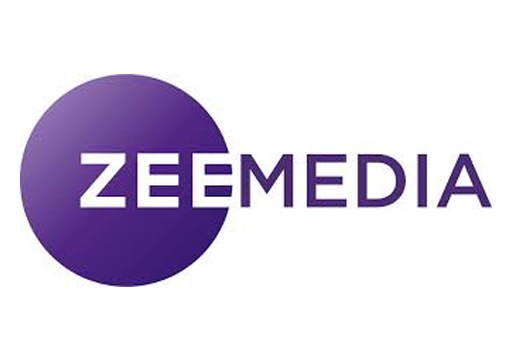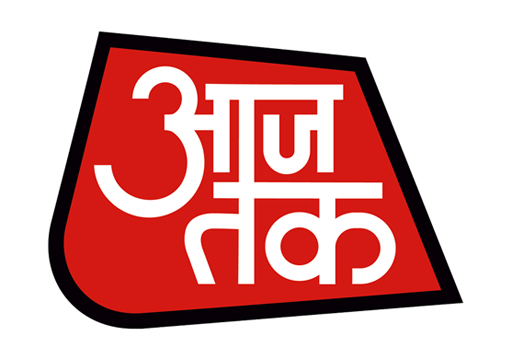Post Graduate Diploma in Mass Communication, Advertising and Journalism (PGD)
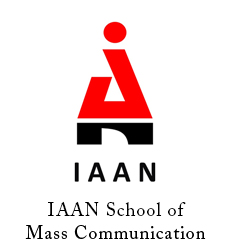
IAAN offers PG Diploma under the National Education Policy 2020
The PG Diploma is a 1 year Regular Course
The Diploma is accredited and recognised Nationally and Internationally. Many Foreign Students have undertaken our Diploma Programme.
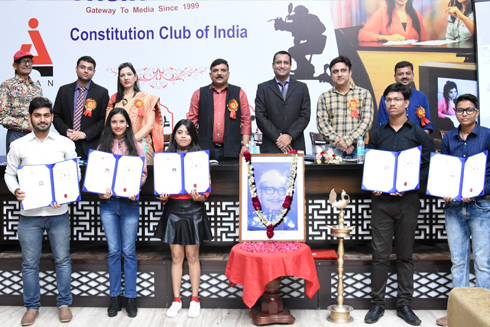
PGD students Graduating in Convocation Ceremony at the Constitution Club of India
During Last Semester (Aug 2023 - Jan 2024) PGD students were provided with more than 92 Classes, Practical Training, Events, Programmes and Functions. 69 Theory Classes, 18 Major Events, Functions and 5 GK Tests
PGD Study Evaluation consists of 3 types of Exams: 1) INTERNALS 2) PRACTICALS 3) THEORY
Course Objectives
The Post Graduate Diploma Programme is based on a 80 : 20 ratio with 80% of the course of study being practical based and 20% being theory based. It is our firm belief that Journalism happens through field work. On the ground reporting is the hallmark of Journalism in India and the PG Diploma Programme is specifically designed keeping this in mind.
The Programme aims to:
-
To develop in-depth understanding of theoretical and practical aspects of mass communication.
-
To transform learners into skilled professionals possessing the ability to handle mass communication tools.
-
To prepare young minds with a strong foundation in values and principles who proactively participate in the development of a just and humane society.
-
To nurture cutting edge global medai professionals with creative and critical thinking skills.
-
To enhance the knowledge of emerging media technologies and developing innovation and entrepreneurship abilities in aspring young minds
PGD Learning Outcomes
After completing the Diploma Programme, a learner develops the:
-
Ability to demonstrate a systematic, extensive and coherent knowledge and understanding of an academic field of study and a critical understanding of the established theories, principles and concepts and emerging issues in the field of mass communication.
-
Ability to listen carefully, read and write analytically, and preent complex information in a clear and concise manner to the masses.
-
Ability to identify, analyse and apply the thought and critically evaluate the theories of communication
-
Ability to acquire and apply knowledge of communication fundaments in problem solving. Ability to undertake problem identification, formulation and providing optimum solution.
-
Ability to evaluate the reliability of sources of information.
-
Ability to identify the areas of research in society and also be able to plan, execute and report the results of research.
-
Understanding the significance of cooperation and ability to work in a team.
-
Able to critically evaluate ideas, evidence and experiences from an open-minded and reasoned perspective.
-
Understanding of the social, cultural, global and environmental responsibilities as a media professional.
-
Acquire in-depth technical competence in mass communication discipline.
PG Diploma Course
Semester 1
|
DESCRIPTION |
SUMMATIVE EVALUATION |
CONTINUOUS EVALUATION |
TOTAL |
|
|
|
Theory |
Practical |
Internals |
|
|
Introduction to Socio Economic Polity |
80 |
- |
20 |
100 |
|
Origin & Growth of Media |
80 |
- |
20 |
100 |
|
Media Language : Structure & Style |
50 |
30 |
20 |
100 |
|
Digital and Social Media |
50 |
30 |
20 |
100 |
|
Art of Photography |
25 |
15 |
10 |
50 |
Semester 2
|
DESCRIPTION |
SUMMATIVE EVALUATION |
CONTINUOUS EVALUATION |
TOTAL |
|
|
|
Theory |
Practical |
Internals |
|
|
Reporting & Editing for Print Media |
50 |
30 |
20 |
100 |
|
Communication |
80 |
- |
20 |
100 |
|
Radio Programme Production |
50 |
30 |
20 |
100 |
|
Development Communication |
50 |
30 |
20 |
100 |
|
Art of Anchoring |
25 |
15 |
10 |
50 |

IAAN ALUMNI

